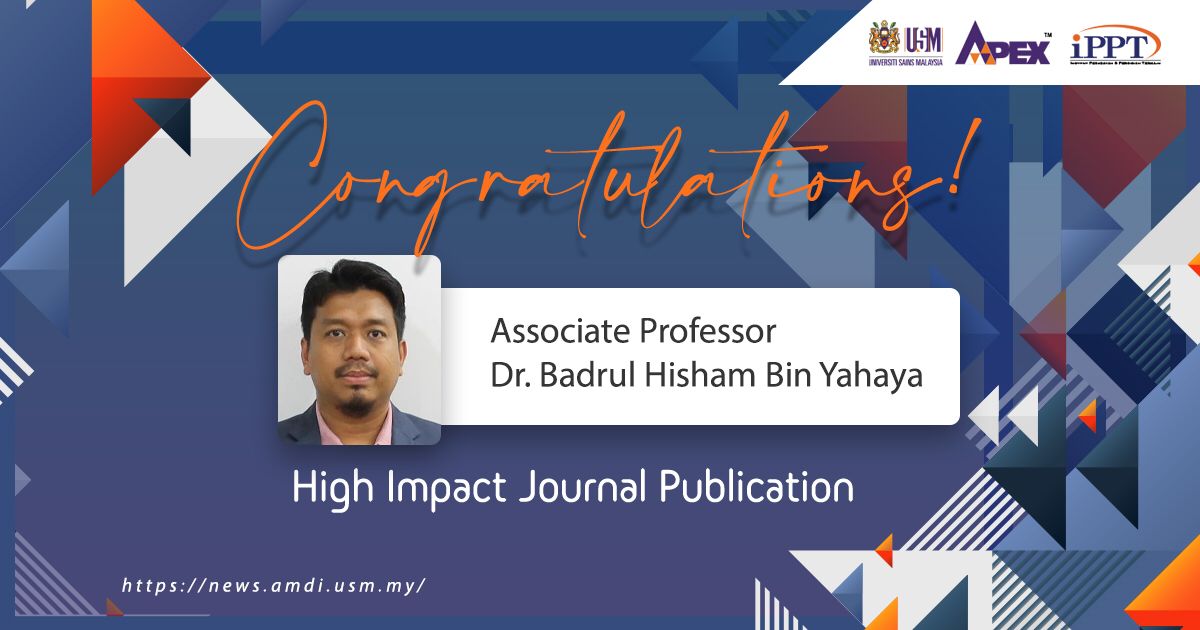Authors : Tongtong Chen, Shenghui Zhang, Hongzhang Jin, Xiaofei Fu, Lingrui Shang, Yilin Lu, Yuliang Sun, Badrul Hisham Yahaya, Yanli Liu, Juntang Lin
Title of Publication : Nonfreezing Low Temperature Maintains the Viability of Menstrual Blood-Derived Endometrial Stem Cells Under Oxygen-Glucose Deprivation Through the Sustained Release of Autophagy-Produced Energy
Journal Name : Cell Transplantation
Quartile : Q2
Impact Factor : 4.064
Link :
https://journals.sagepub.com/doi/pdf/10.1177/09636897221086971Description : Between the completion of the mesenchymal stem cell (MSCs) preparation and the transplantation into the patient, there is a time interval during which the quality control and transport of MSC products occur, which usually involves suspending the cells in normal saline in an oxygen–glucose deprivation (OGD) microenvironments. Thus, how to effectively maintain MSC viability during the abovementioned time interval is bound to play a significant role in the therapeutic effect of MSC-based therapies. Recently, menstrual blood–derived endometrial stem cells (MenSCs) have attracted extensive attention in regenerative medicine due to their superior biological characteristics, including noninvasive protocols for their collection, abundant source material, stable donation, and autotransplantation. Therefore, this study aimed to mainly determine the effect of storage temperature on the maintenance of MenSC viabilities in an OGD microenvironment, and to preliminarily explore its potential mechanism. Simultaneously, the effects of solvents commonly used in the clinic on MenSC viability were also examined to support the clinical application of MenSCs. Consequently, our results demonstrated that in the OGD microenvironment, a nonfreezing low temperature (4°C) was suitable and cost-effective for MenSC storage, and the maintenance of MenSC viability stored at 4°C was partly contributed by the sustained releases of autophagy-produced energy. Furthermore, the addition of human serum albumin effectively inhibited the cell sedimentations in the MenSC suspension. These results provide support and practical experience for the extensive application of MenSCs in the clinic.


